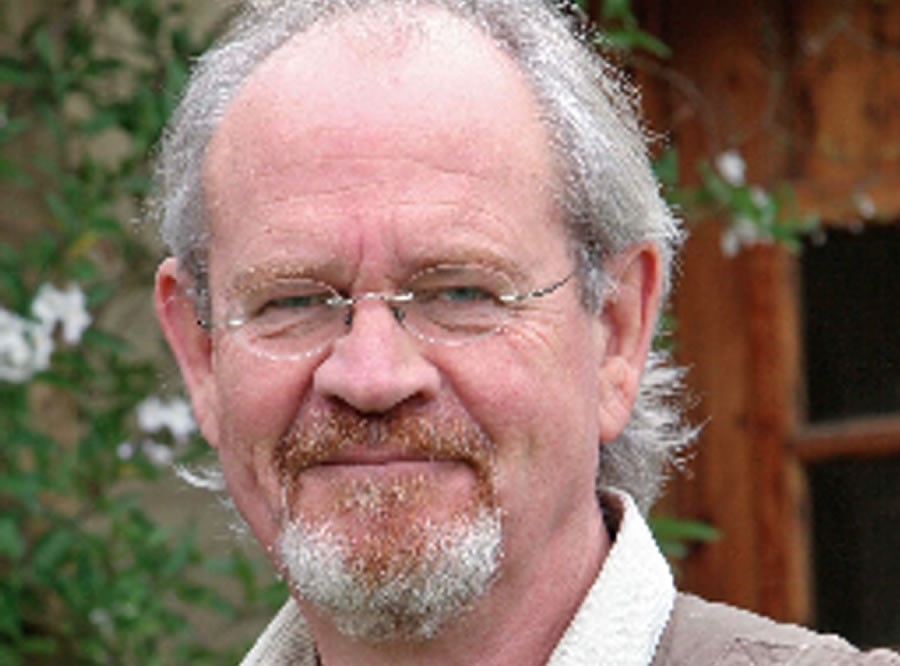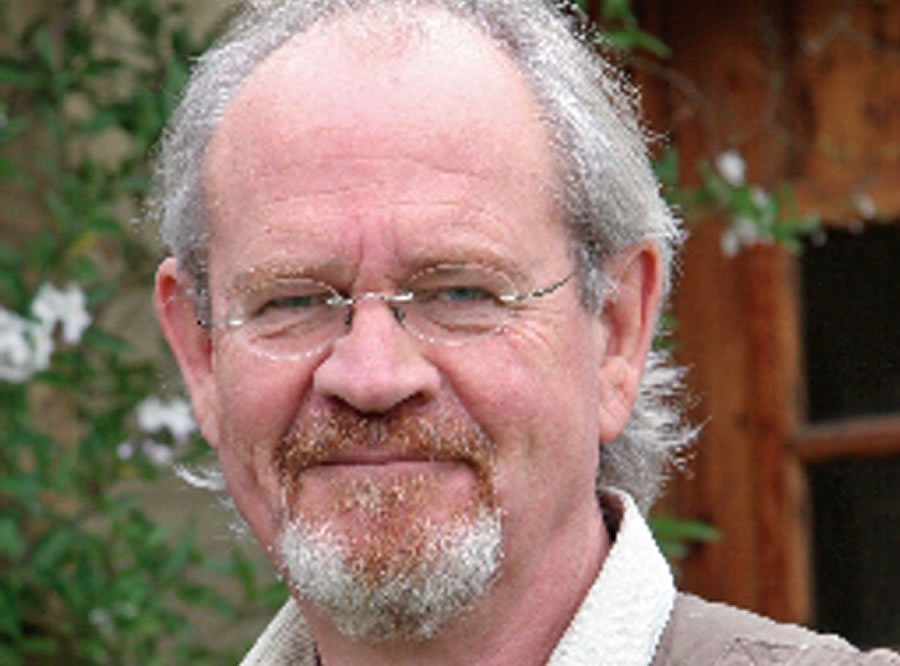
Max du Preez: “South Africa Can Survive 2016”
Banana Republic. Failed state. Another Zimbabwe. An Arab Spring-type revolution. Perhaps we should just slit our wrists before the year is out. What nonsense. If we want to survive 2016 in one piece, we will have to cast off this paralysing, dark pessimism. It’s going to be a rough year with many social and political […]

Banana Republic. Failed state. Another Zimbabwe. An Arab Spring-type revolution. Perhaps we should just slit our wrists before the year is out.
What nonsense.
If we want to survive 2016 in one piece, we will have to cast off this paralysing, dark pessimism. It’s going to be a rough year with many social and political upheavals and much economic suffering, but South Africa and its people still stand on a firm foundation that would be able to weather much more serious storms.
I am very conscious of all our challenges, but instead of going the way of authors like RW Johnson and Justice Malala and painting the worst-case scenario, I would rather investigate what positives we could take from 2015 and build on in 2016.
We experienced five major developments in 2015: the weakening of the economy, especially with the falling commodity prices; the drought that is threatening much of the agricultural sector; the blossoming of the EFF and the changes in how Parliament functions; the student uprisings around #FeesMustFall; and FinMinGate.
The last three of these represent the silver lining around the dark cloud hanging over us.
These three developments spell out one thing clearly, something that genuine democrats and constitutionalists have hoped for a long time would happen: the hegemony of the ANC was at last broken, and, in the last weeks of 2015, also the unbridled power of its president, Jacob Zuma.
If the stranglehold the ANC and Zuma had over most facets of our national life had remained intact, we would have had little hope today of building a better South Africa on the ruins of the present fading order.
The ANC is significantly weaker after the breakaway and subsequent growth of the EFF and of the Numsa grouping of Zwelinzima Vavi and Irvin Jim – not only in the number of supporters and potential voters, but also in terms of political legitimacy.
The EFF made it kosher to insult and mock senior ANC leaders. The party’s aggressive and uncompromising behaviour brought an end to the ANC’s arrogant handling of the parliamentary process. The DA has used this and became a more effective opposition party.
The #FeesMustFall protests at universities and other tertiary institutions targeted Parliament, Luthuli House and the Union Buildings.
The initial motivation was fees, but soon the central message to the party and the government became clear: you are messing with our future.
And then came the debacle of Zuma’s firing of the Minister of Finance. It led to a national wave of resistance, including parts of the ANC itself. Zuma’s famed invincibility was given a dagger in the heart when he was forced to make a double back somersault.
The ANC alliance was forced to acknowledge that they could not afford to ignore the markets, the trust in the economy and the fact that South Africa’s economy is irreversibly intertwined vital with global markets.
It was a bitter pill, but the sharply negative reaction after Nhlanhla Nene’s firing showed that all South Africans, but especially the poor and the working class, would be considerably poorer if the ANC or its leader made decisions that the markets and the private sector thought were dangerous.
If there is one Cabinet minister sure of his job today it is the new Finance Minister Pravin Gordhan. He has made it abundantly clear where he stands on the issue of fiscal responsibility and the abuse going on at state-owned enterprises.
Now we are going into 2016 with a much more vulnerable ruling party, a half-lame president and the prospects of these deteriorating further after the local elections in May or June.
Moreover, Zuma is facing two critical court actions in the next few months and the chances appear high that he could be the loser in both. The one will decide how binding the Public Protector’s findings on Nkandla are and the other whether Zuma should again be charged with corruption and fraud.
The eggs have been broken. Now let’s make a really good omelette.
But beware: it is going to be very hot in the kitchen.
***
This article first appeared on News24 and is republished here with the kind permission of Max du Preez.
Follow Max on Twitter – @MaxDuPreez